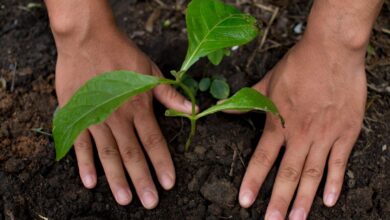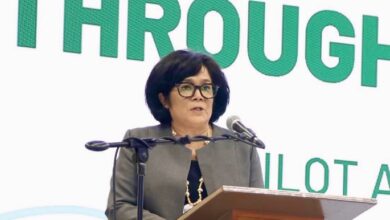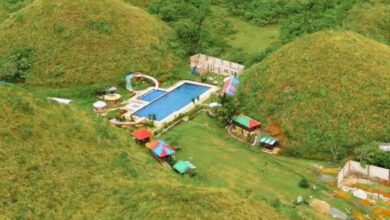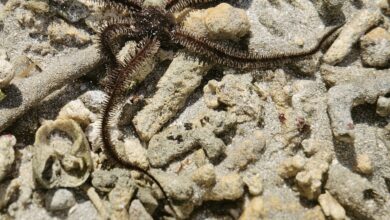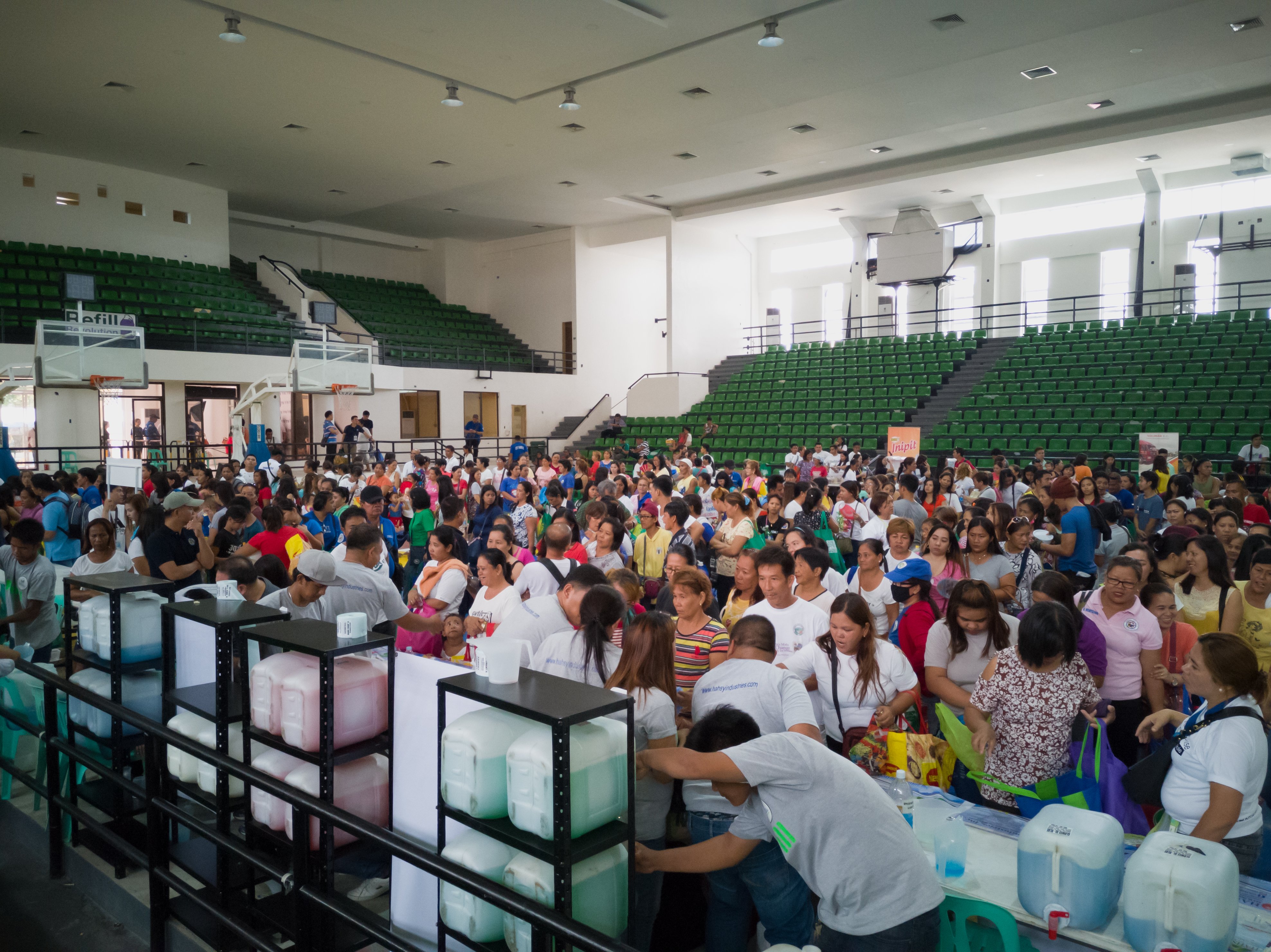
Dawn of the Refill Revolution
PLASTIC WASTE IS EVERYWHERE — in our homes, schools, offices, and out in nature. It’s one of the major culprits that’s killing the Earth, and the Philippines is one of the countries where this is visible. Walk onto a beach typically visited by thousands of tourists per month, and it won’t be difficult to spot plastic wrappers and PET bottles buried in the sand or floating on the water. So where is all this trash coming from?
Our landfills pose one problem, and that’s a discussion for another day, but the amount of plastic that reaches the Philippines’ surrounding seas is astounding. Much of what you’ll find out there comes from rivers and other waterways connected to highly populated areas (cities and towns), and majority of it is single-use plastic packaging for mainly food and hygiene products. This can be attributed in part to a “tingi” culture among Filipino consumers, wherein few think twice about the plastic waste produced by their purchase of sachets and other small portions of products.
When government takes initiative
While sari-sari stores abound and show no signs of going anywhere, it’s definitely not too late to make a change, and the government knows this. In an effort to curb plastic pollution and to promote recycling in the country, the Department of Environment and Natural Resources (DENR) Environmental Management Bureau (EMB) launched a program called “Refill Revolution.”
The project involves setting up refill markets where consumers can purchase various commodities, minus the plastic packaging, at discounted rates. EMB Regional Director Lormelyn E. Claudio explained that shoppers will have to bring their own containers, bottles, and eco bags, which they can refill with condiments, toiletries, and other essentials for “half of their actual retail prices in supermarkets.”
Refill Revolution was piloted in Guiguinto, Bulacan on April 2018 where around 1,000 housewives and kitchen helpers showed up with their own tumblers and bottles. Meanwhile, in San Fernando, Pampanga, about 1,500 residents participated in the Refill Revolution held just this June 2018.
A similar activity will be organized in the coming months for other towns and cities of Pampanga as well as in other Central Luzon provinces.
It starts with manufacturers
The burden of reducing plastic waste shouldn’t be on consumers alone but on manufacturers as well. During its first Refill Revolution in Guiguinto, the EMB urged manufacturing companies to set up refill booths in public markets and supermarkets.
However, the best and ultimate approach to the problem is for businesses to overhaul their current systems and manufacturing processes, and commit to a circular economy where nothing ends up in the landfill.
The term “zero waste” does not only refer to products that can be re-used or composted; it is actually an entire process of designing and moving materials (manufacturing, consuming, reusing) without anything resulting in waste.
This is certainly a big (and costly) change for companies, but it’s a decision that they should make as early as now. It is the responsibility of manufacturers to ensure that their products and materials don’t end up harming the environment, and it is their responsibility to give consumers better choices. Perhaps someday, this results into “green” businesses around every corner. But until that day comes, people must realize that every action they take has an effect on the environment. That is why they should also be making better decisions with regards to the products they consume.
Are you ready to be part of the Refill Revolution?

